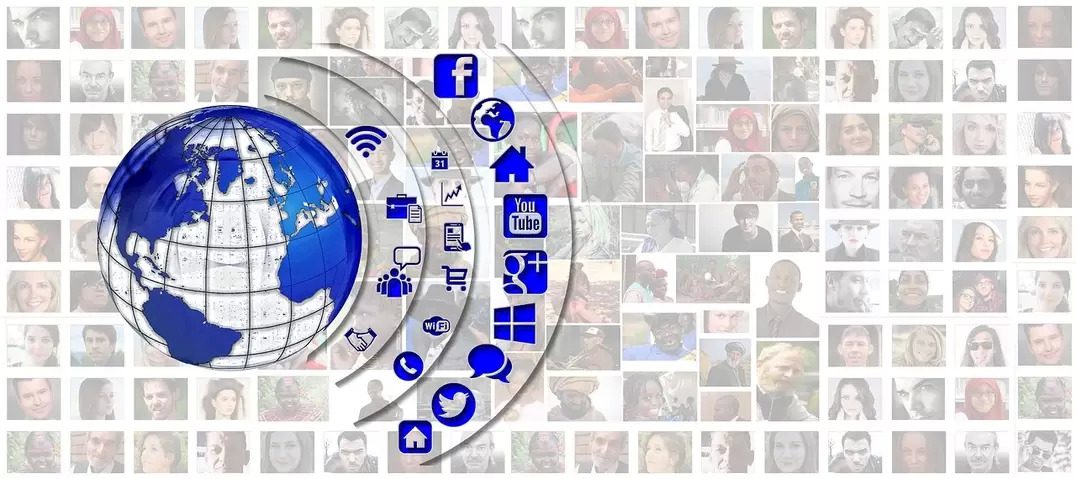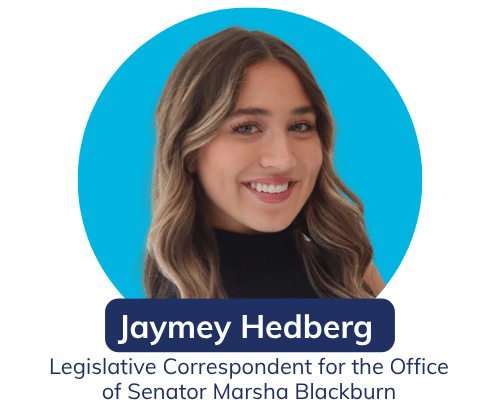President Trump’s push to repeal Section 230 brought the legislation into the public eye, and the debate over repealing or amending it has been in the spotlight since then. The act protects online platforms from liability for content published by others using their services. Section 230 is part of the Telecommunications Act of 1996, which is the latest in a succession of communications acts that have regulated media since nearly a century ago.
Where are we now?
With President Joe Biden transitioned into office, lawmakers continue to debate section 230. Some democrats are calling to overhaul the law after former President Trump and his followers utilized major social media platforms to incite the violence of Jan. 6, writes Dean DeChiaro for CQ Roll Call. DeChiaro writes that many activists and human rights advocates also believe repealing Section 230 would harm marginalized groups more than help them. Over 70 progressive groups penned a letter to Congress on Jan. 27 that outlined the potential consequences of eliminating the act. They wrote:
Gutting Section 230 would make it more difficult for web platforms to combat the type of dangerous rhetoric that led to the attack on the Capitol.
Potential steps forward are in the works, including a bill (EARN IT Act of 2020) by Sens. Richard Blumenthal (D-CT), Dianne Feinstein (D-CA), and Lindsey Graham (R-SC) that would allow only companies compliant with certain standards to retain Section 230 protection. Another bill (PACT Act) by Sens. Brian Schatz (D-HI) and John Thune (R-SD) would require media companies to “explain their content moderation decisions.”







